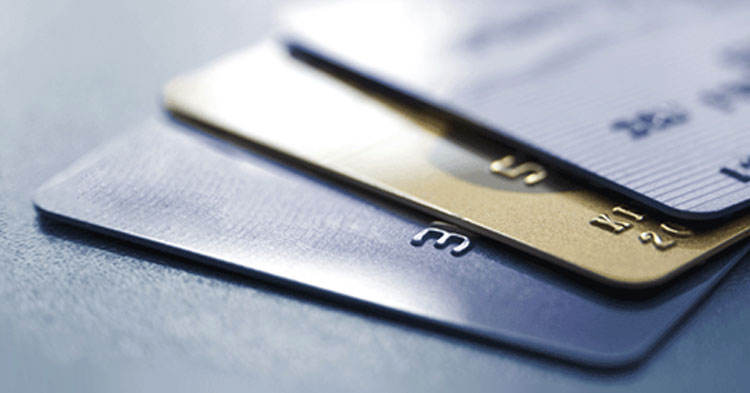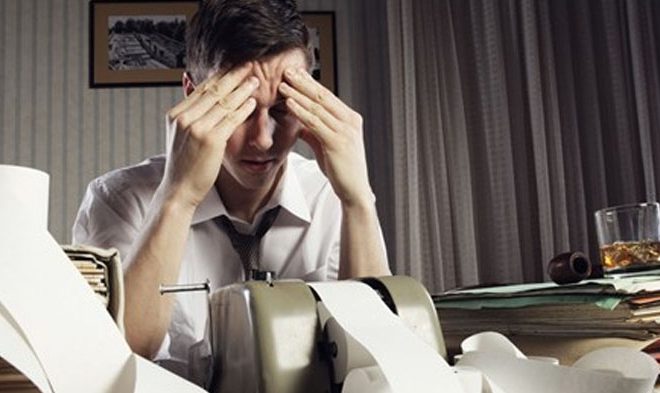Why you should consider a second credit card
Yes it’s true, the MoneyShop team spends a lot of time giving you tips on how to streamline your financial affairs and keep additional, non-essential expenses at bay. So some advice on a second credit card seems out of line for us, but don’t forget that we’re also about making sure you keep yourself out of financial trouble, which sometimes is completely beyond your control.
If you were one of the many South Africans caught short this festive season when the shop you were at was experiencing a communication issue between their bank and yours, you will know how awful that sinking feeling is when you can’t pay for your trolley of groceries or last minute gift.
And that’s why you should consider having a back up credit or debit card. It doesn’t happen often but when your bank’s systems are down, you can really find yourself in a difficult – and embarrassing – situation. And you can bet your bottom dollar that if the shop’s credit card machine isn’t talking to your bank, the ATM outside won’t either.
Our advice on a second card is as follows:
- Research the card offerings from banks other than your usual provider and pick one with the lowest account costs
- If the account costs are comparable, pick the card with the best benefits and highest interest paid on credit balances
- Don’t forget that a prepaid reloadable card is also an option – it works just like a debit card but requires way less admin to open
- If you’re not sure about the difference between credit, debit and reloadable cards, read our previous piece on choosing your plastic wisely
- It’s also useful to consider whether the card merchant is Visa or MasterCard and go with the opposite one to your every-day spending card, so if MasterCard is down you can still pay with Visa or vice versa
- Load your card with cash – if it’s a credit card you’ll earn a little bit of interest on a positive balance and if it’s a debit or reloadable card, it won’t be of any use to you if there’s no money on it. The cash amount doesn’t have to be substantial but should be enough to cover you for a trolley of groceries, dinner out or tank of petrol
- When you do spend on your card, remember to replenish the amount so you’re not caught out next time
- Also, because you’re hopefully not using your backup card all that often, just remember to keep your eye on the expiry date and renew it with enough time to spare
It’s really important to remember that your payment back-up plan should be just that: a card you keep in your wallet for the very unusual times when your regular card doesn’t work, or if it’s lost, stolen or de-frauded. Do not use the card when you’ve over spent your budget and it’s one weekend short of payday!
Finding the best back-up card for you doesn’t have to be time consuming or confusing. You really don’t have to spend your Saturday morning trawling the banks at your closest mall; a quick internet search will give you enough information to base your decision on and most banks’ sites also provide you the ability to apply on line.
This doesn’t have to be a major financial investment for you, it’s just a financial safety net, so don’t spend too much time or energy on it but do it before you get caught out by some system failure.
MoneyShop





